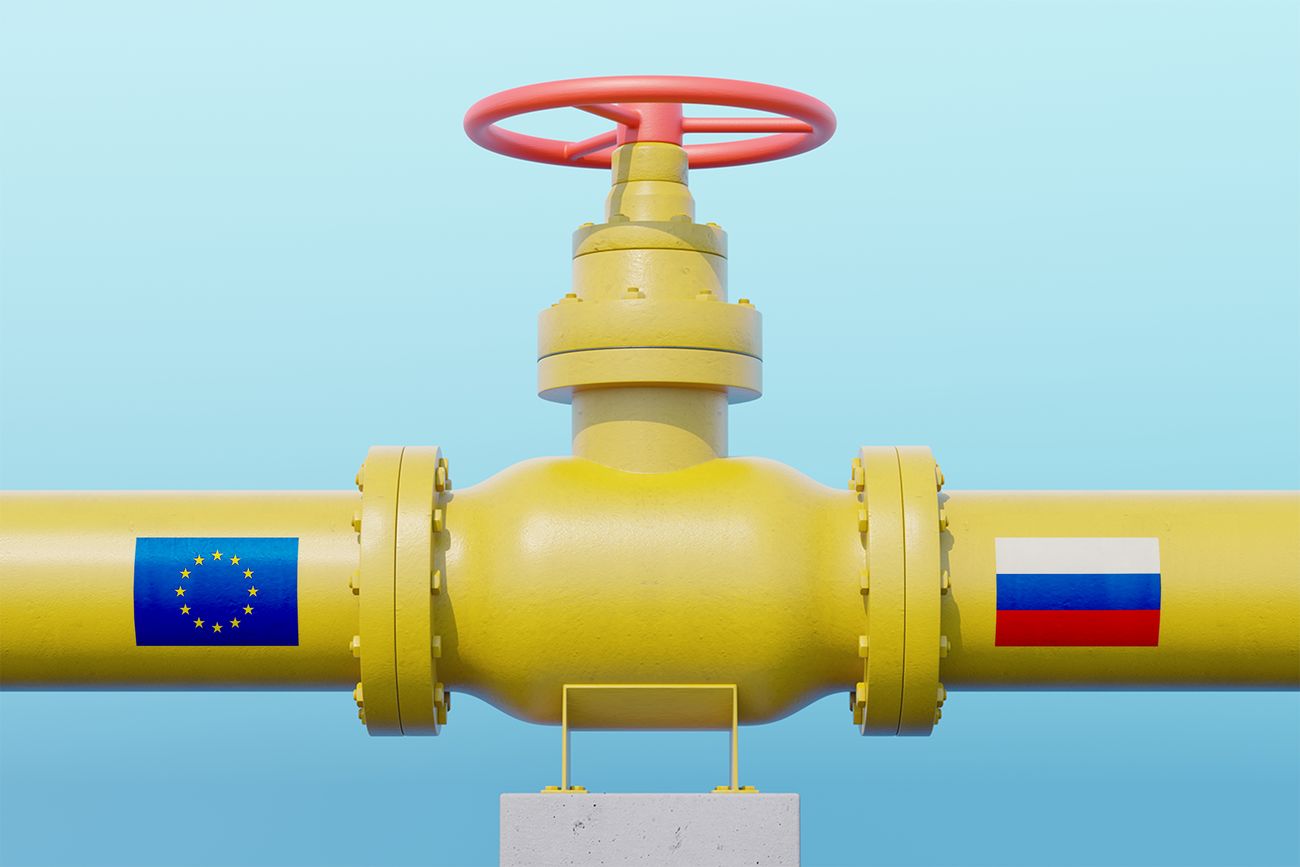Concerns are growing within the German business community about a possible halt to gas supplies from Russia, following the recent announcement by the German government of the second stage of the country's national gas emergency plan. Some companies, particularly energy-intensive ones, fear that they may have to stop or reduce their production because of too little gas supply this autumn or winter. Here in Switzerland, many companies have observed the risk and are not only preparing for this scenario but forecasting what the impact might be both directly and indirectly. The greatest danger lies in higher production costs and lower demand from most important European trading partner, Germany.
Companies such as BASF and BMW have reported that they are looking at how to switch to energy sources other than gas. In the worst case scenario, if too little gas is supplied, there may be a halt called on production this autumn or winter. A spokesperson for Salzgitter stated bluntly on NTV, "Without natural gas, no steel production." Economists around the world agree that such a scenario would lead to serious consequences for Germany's gross domestic product: estimates range from -6% to -12%. Economist Achim Truger (a member of the German Sachverständigenrates) estimates that economic output would deteriorate by 6%.
It goes without saying that Germany is an important market for many listed Swiss companies, be it for production, demand or even on the procurement side. Many companies in our universe are suppliers to energy-intensive sectors such as the automotive, chemical or construction industries. Obviously, when these industries stop or reduce production, there is not much left to supply, and the only way to mitigate this is to try to manage the economic impact on the business.
Many companies in Switzerland seem to be well prepared for a gas supply disruption and are working on contingency plans for their own production should such an event occur. The most popular solution at present is to switch to liquid gas. The second possibility, which is less popular due to cost, is to produce elsewhere, however this is entirely dependent on the availability of physical space.
Even in a scenario in which physical relocation was economically and logistically plausible, relocating an entire workforce is another matter entirely. Bucher Hydraulics employs 29% of its workforce in Germany (division headquarters in Klettgau, 4 plants in Germany) which is a huge commitment. By comparison, Bucher Municipal and Emhart Glass have 6% and 5% of their employees in Germany, respectively, which increases their flexibility. Companies with a global footprint in place already will have a head start in these scenarios.
In addition, while switching production location is one thing, if this results in production and distribution being in separate countries, another logistical headache ensues.
The extent to which alternative energy sources are a viable option also depends on the type of manufacturing process within each business. For example, Bystronic's bending machines are manufactured in Germany and bending accounts for about 13% of sales. Besides heating the site, gas is only used in the drying process of the bending machines in a so-called painting booth/drying booth. So the company has the ability to replace these gas-powered drying booths with electric booths for this particular part of the process. The company is also considering solar cells on the roof to internalise the company's power generation and use this to combine with less gas for the drying process. Bystronic is also currently expanding its production halls in Gotha and a new hall is under construction to mitigate risk.
Whilst gas supply is clearly a huge threat to the afore-mentioned manufacturing processes, another knock on effect is on the procurement side. Companies such as EMS Chemie have foreseen these issues and taken pre-emptive steps to build up raw material inventories to compensate for supply shortages, and as well as increase procurement flexibility.
Overall Swiss industrial company risks are linked to Germany as its main trade partner from the supply and demand side. The most common measure in terms of source of energy is LPG (liquid petroleum gas) supply which can be sourced from abroad and used in a flexible way at production sites in Germany. However this comes at a price - production costs would increase. Another measure impacting production and logistic costs would be to relocate production outside Germany both in Europe and abroad depending from the set up. Gas delivery disruption will undoubtedly have a negative impact on German GDP, sending the country to a recession, especially impacting energy intensive sectors of the economy.

